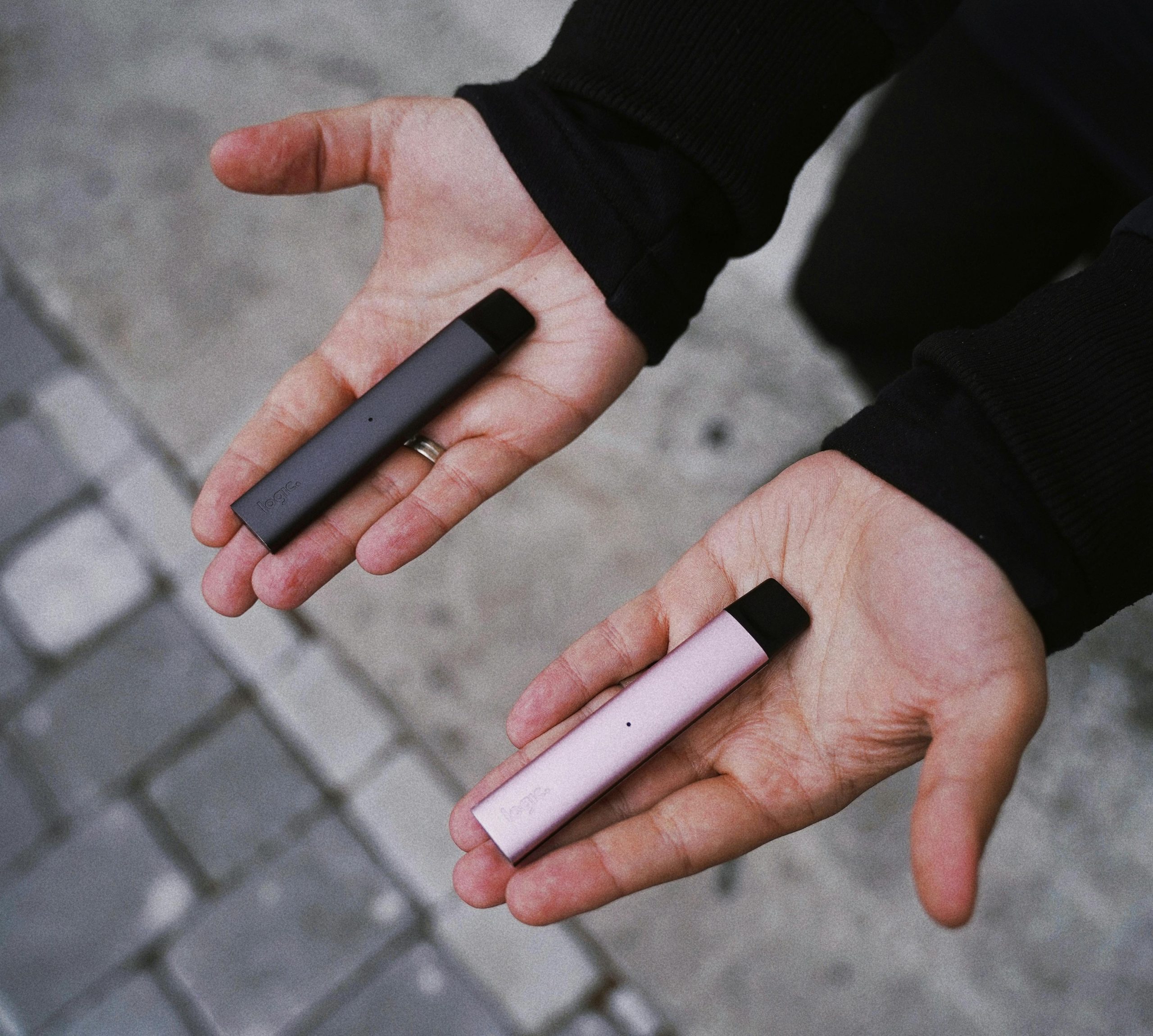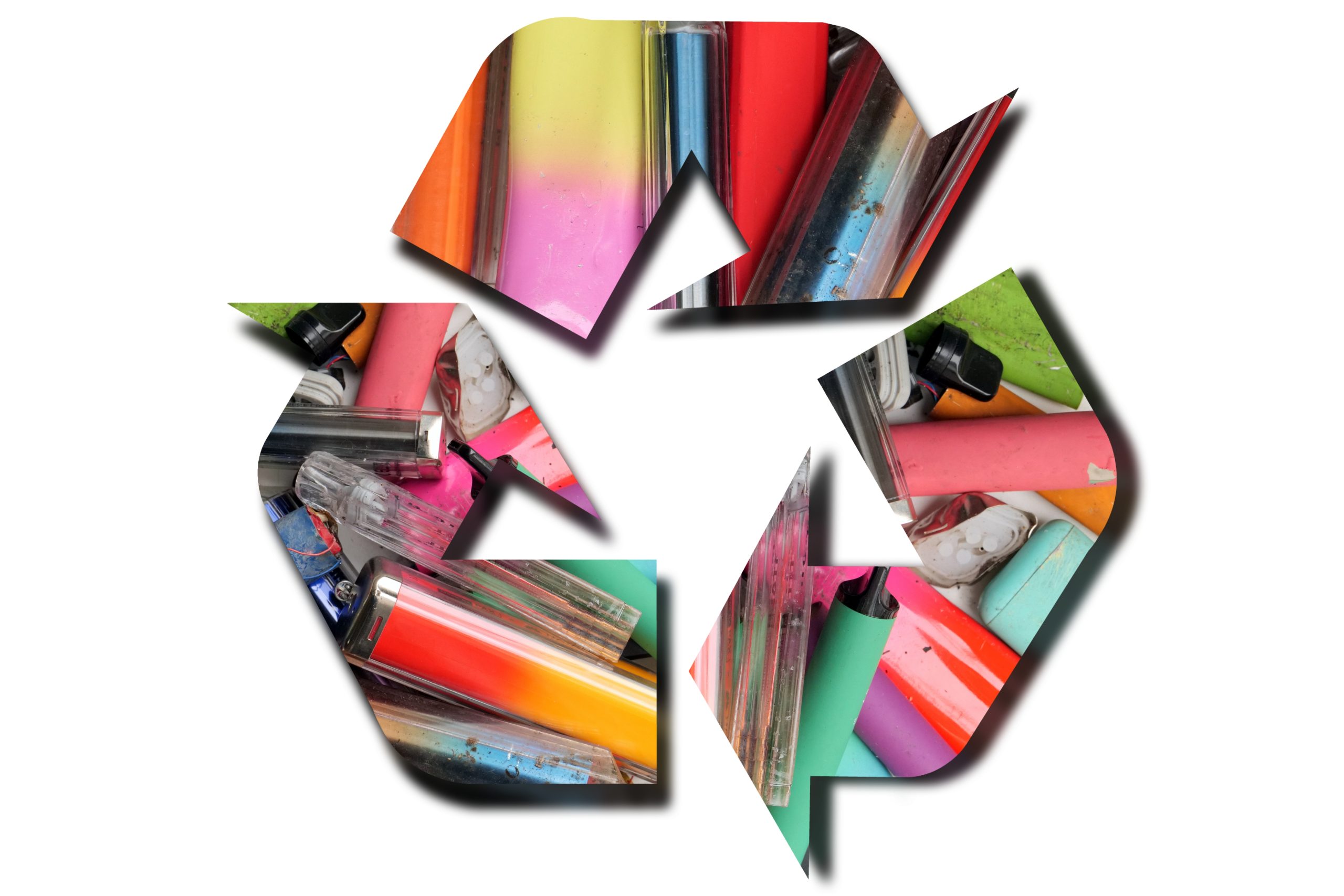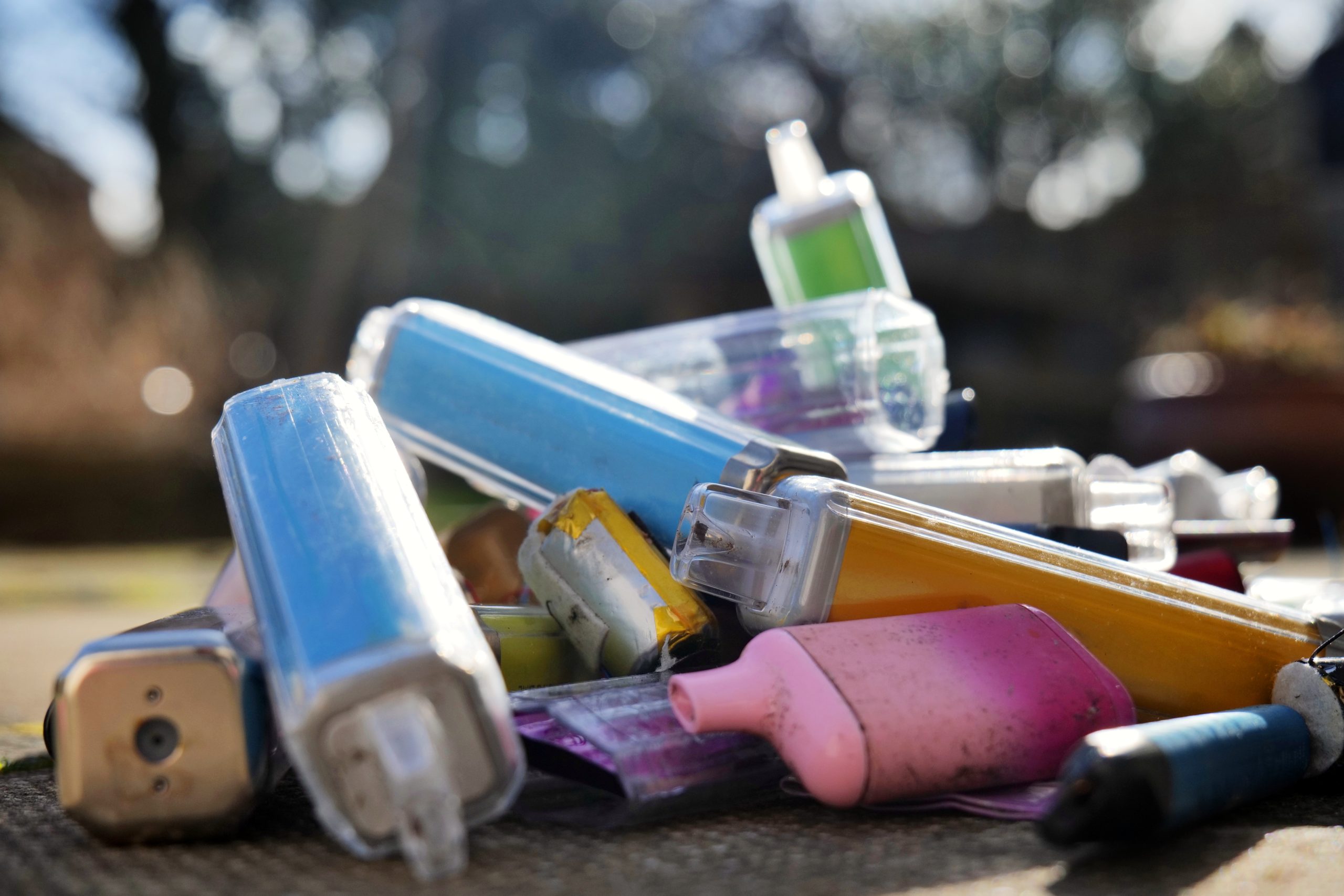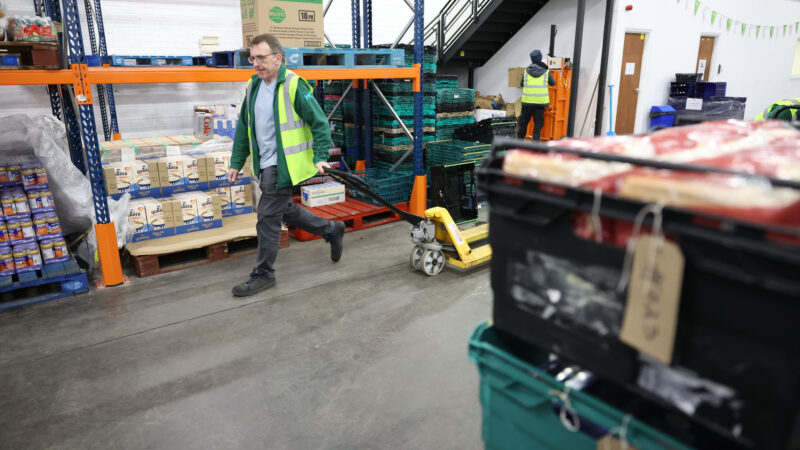Retailers warned of heavy regulatory fines over improper vape disposal

Retailers selling vapes have been warned that they must have a takeback scheme in place or risk fines up to £5000.
Waste management company, Biffa is warning business owners of the risk of significant fines for failing to comply with UK WEEE regulations, including the provision of a takeback system for consumers.
Non-compliance could mean fines of up to £5000 at magistrates’ court or potentially unlimited fines at Crown Court.
It comes as the UK Government recently announced a ban on single-use vapes – those that are not refillable, rechargeable or use swappable pods and will take effect from 1st June 2025.
Even after the ban is in place, businesses will still need to have suitable takeback schemes in place to comply with Waste Electrical and Electronic Equipment (WEEE) regulations. Rechargeable or refillable vapes, while not covered by the ban, are still covered by WEEE regulations, and as such takeback systems must be in place for disposal.
Used disposable vapes fall under UK WEEE regulations, are treated as hazardous waste, and must be disposed of carefully. They contain lithium batteries, residual nicotine, and some may also contain Persistent Organic Pollutants (POPs).
POPs are poisonous chemical substances that take a considerable amount of time to break down and can contaminate food sources if they leak. Where present, they are most likely to be found in e-cigarettes in plastic components and the printed circuit boards.

In the UK, more than five million single-use vapes are purchased every week. Many end up in general waste or littered, with consumers confused about their recyclability and where to take them to ensure they are properly disposed of. Most of the components of vapes are recyclable when recycled through the correct processes.
Under Waste Electrical and Electronic Equipment (WEEE) rules, consumers must be able to dispose of vapes at the shop they were purchased from, if that store sells more than £100,000 worth of WEEE of any type per year. Stores will need to communicate that they provide this service (a template for which can be found with government guidance), record all the vapes they collect and dispose of, and maintain a record of how customers are informed about the service in their store, in order to avoid the fine.
The warning comes as a new survey from Biffa found that only a 25% of small business owners have a vape takeback scheme in place, while only another 36% intend to implement a scheme in the future. This suggests a large number of SMEs are unaware of the financial risk not having a scheme in place puts their business in.
The survey also revealed that sustainability sits high on small business owners’ priorities in 2024, as four in five (80%) see improving waste management and recycling as a way of achieving sustainability targets. For retail businesses, introducing a vape recycling scheme may be critical to hit their sustainable goals and could save money, with 45% of SMEs ranking cost efficiency their top priority for 2024.
Daniel Barrett, Reactive Services expert, Biffa said: “Often considered a single-use product with no life once out of liquid, disposable vapes actually contain many elements that can be recycled, if captured and processed properly.
“It’s therefore vital – for multiple reasons – that retailers have a takeback scheme in place as consumer confusion often sees vapes land in general waste or standard bins, causing avoidable fires in recycling centres.

“Giving your customers a convenient, reliable and legally compliant way to get rid of their used e-cigarettes allows for proper separation of materials and improves recycling rates when waste experts can safely sort the waste from other recyclable materials, preventing contamination along the way.
“Having the proper labelling and collection points will also benefit businesses by saving them from fines of up to £5,000 if a takeback scheme is in place; the good news, though, is that a method of doing so can often be rolled into your existing waste management solutions to save money – crucial, considering our recent survey found that cost is a barrier to sustainability for nearly half (45%) of SMEs.
“The upcoming ban will target the elimination of complex, hard-to-recycle single-use waste, in turn benefitting the UK’s circular economy.
“All retailers and businesses that generate vape waste must recognise though, that the ban does not remove their obligations to ensure it is managed compliantly. Due consideration must also be given to the impact of the transition to new types of vape which are appearing in ever-increasing numbers even before the ban takes effect.”
Using an initiative such as Biffa’s Vape Takeback Scheme keeps businesses compliant with the law whilst providing customers with a convenient place to dispose of vape waste, whether single-use or not, and will remain a legal requirement for e-cigarette retailers following the 2025 disposable ban. Environmental benefits as a result see fewer lithium batteries make their way into the wrong recycling centres, and a reduction in e-waste littering.
To find out more about vape disposal or arrange a takeback scheme, visit: https://www.biffa.co.uk/campaigns/vape-takeback






